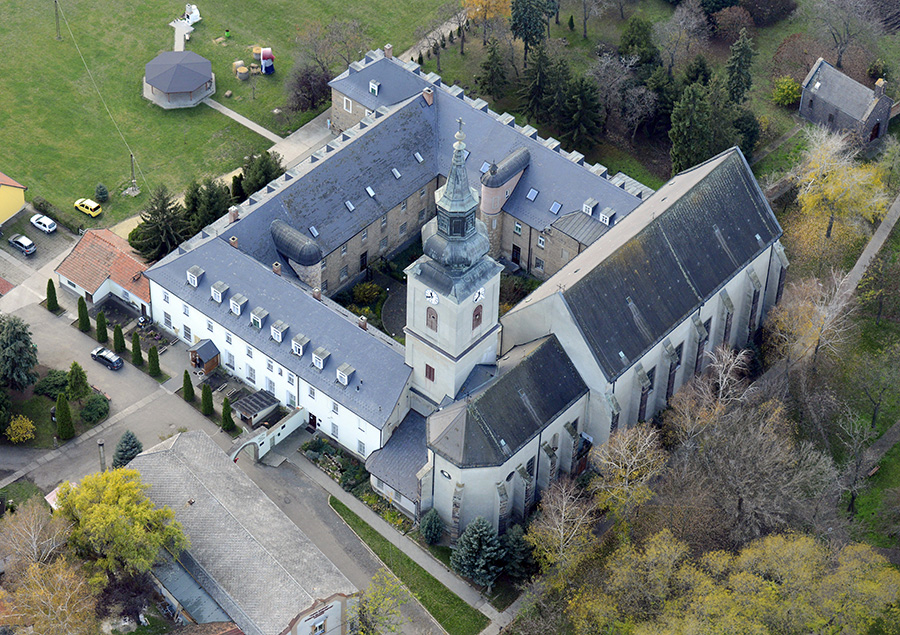One year of the project CONE- Cities Of NaturE
CONE project, co-financed by Interreg Central Europe, is actively fostering sustainable transformation by embedding Nature-Based Solutions (NBS) through Living Labs, local partnerships, and community co-creation.
Launch and Coordination
The project kicked off in June 2024 with a successful meeting in Padua, Italy. Since then, a series of online partner meetings and collaborative actions have helped consolidate partners’ roles across work packages (WPs), spanning from the coordination of communication and dissemination activities, stakeholder engagement, and technical preparation. The consortium involves 9 partners from Italy, Slovenia, Czech Republic, Hungary and Poland.
Building the Foundation
Key early deliverables include the guidelines for setting up Living Labs, led by BURST that has a consolidated experience with this approach thanks to TeAM Hub- the Hungarian NetworkNature Hub for Nature-based Solutions. The Municipality of Padua has conducted a preliminary analysis of ICT tools that can support nature-based solutions interventions in the partner municipalities, also sharing knowledge related to the MyData platform (owned by Veneto Region, IT, and managed by Padua). To engage facilitators in the Living Labs, Gdańsk University of Technology has developed training programs on nature-based solutions, climate change and possible mitigation and adaptation strategies to better farce heat islands, manage water shortages and floods, and manage river embankments. These tools set the stage for CONE’s pilot activities and participatory engagement.
Engaging Local and Regional Authorities
Municipalities and regional governments across Italy, Poland, Hungary, Slovenia, and the Czech Republic are core stakeholders. Cities such as Jászberény, Wejherowo, Tolkmicko, and České Budějovice are piloting NBS solutions, from rainwater management to urban greening. Regional authorities advise on legal frameworks, ensuring that NBS strategies align with national and EU regulations.
Strengthening the Quadruple Helix
CONE actively involves civil society, academia, enterprises, and citizens:
- NGOs foster public participation and awareness.
- Universities including the University of Padua, and the University of South Bohemia contribute to research and pilot support.
- Enterprises bring innovation and environmental consulting to the table.
- Schools and communities are engaged directly, especially in pilot areas like Jászberény, where educational institutions are taking part in eco-education initiatives linked to CONE’s interventions.
Looking Ahead
As the project transitions into its next phases, it will focus on implementing pilot actions, training facilitators, and scaling up local successes into transferable models. CONE is a dynamic example of how inclusive collaboration can tackle environmental challenges and promote resilient urban and regional development.
